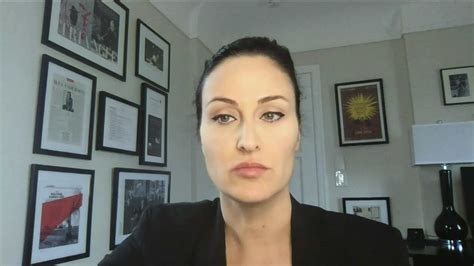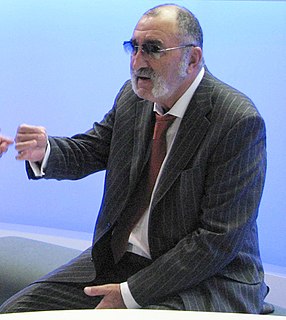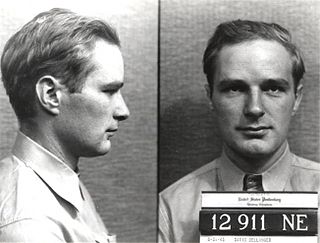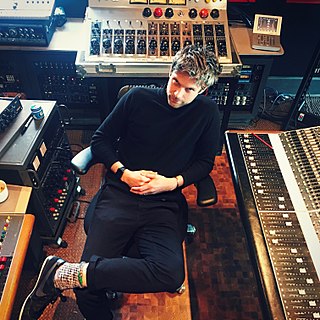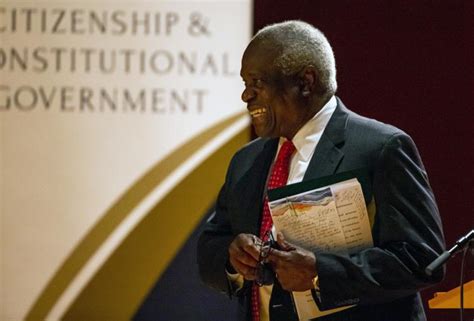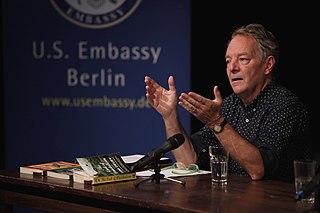A Quote by Lesley M. M. Blume
Hemingway himself and Hemingway's writing were both brilliant, brilliant cocktails.
Related Quotes
I would say just start writing. You've got to write every day. Copy someone that you like if you think that perhaps could become your sound, too. I did that with Hemingway, and I thought I was writing just like Hemingway. Then all of a sudden it occurred to me - he didn't have a sense of humor. I don't know anything he's written that's funny.
I like the hip writers: Fitzgerald, the guy who committed suicide, Hemingway, all those guys. Some of them were alcoholics and drug addicts but they had fun. They were real people. They formed the culture of American literature. Hemingway admired Tolstoy, Tolstoy admired Pushkin, and Mailer admired Hemingway. It all flows down. The greats are all connected. One day I'm gonna write a book myself. The first chapter will be about what a rough deal my momma got. She believed in you guys and your society.
Do you think that Hemingway knew he was a writer at twenty years old? No, he did not. Or Fitzgerald, or Wolfe. This is a difficult concept to grasp. Hemingway didn't know he was Ernest Hemingway when he was a young man. Faulkner didn't know he was William Faulkner. But they had to take the first step. They had to call themselves writers. That is the first revolutionary act a writer has to make. It takes courage. But it's necessary
